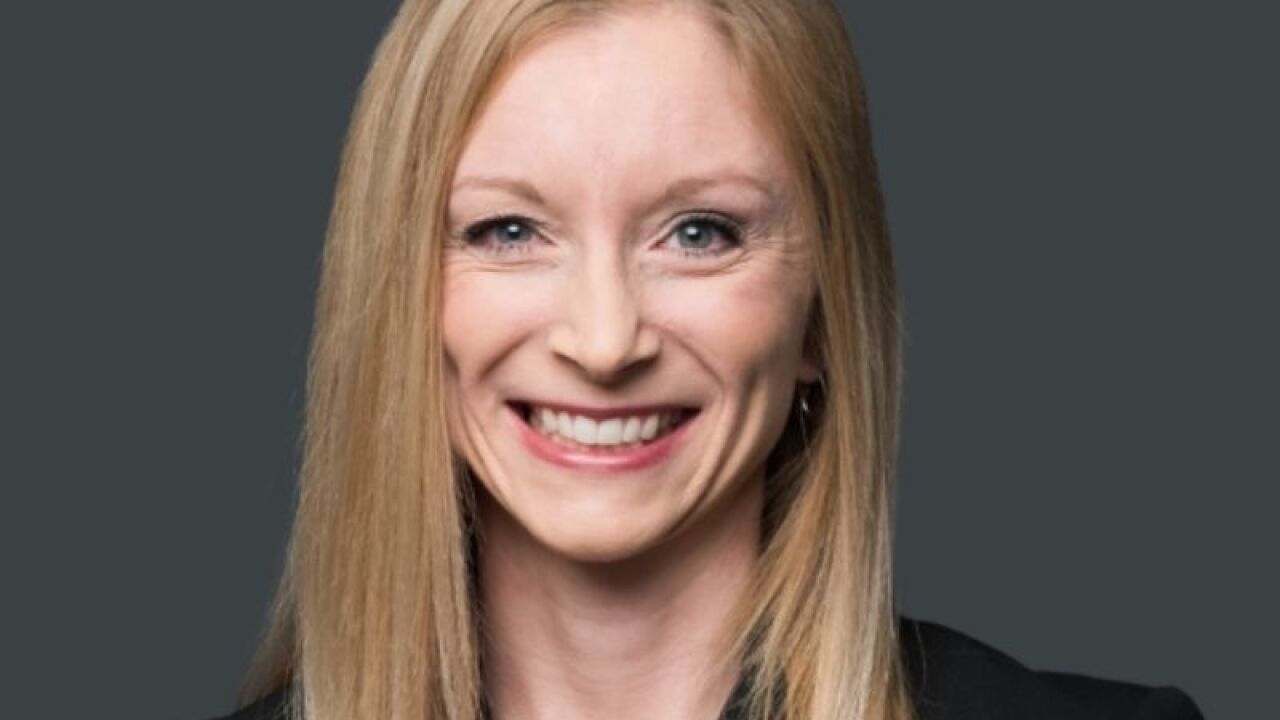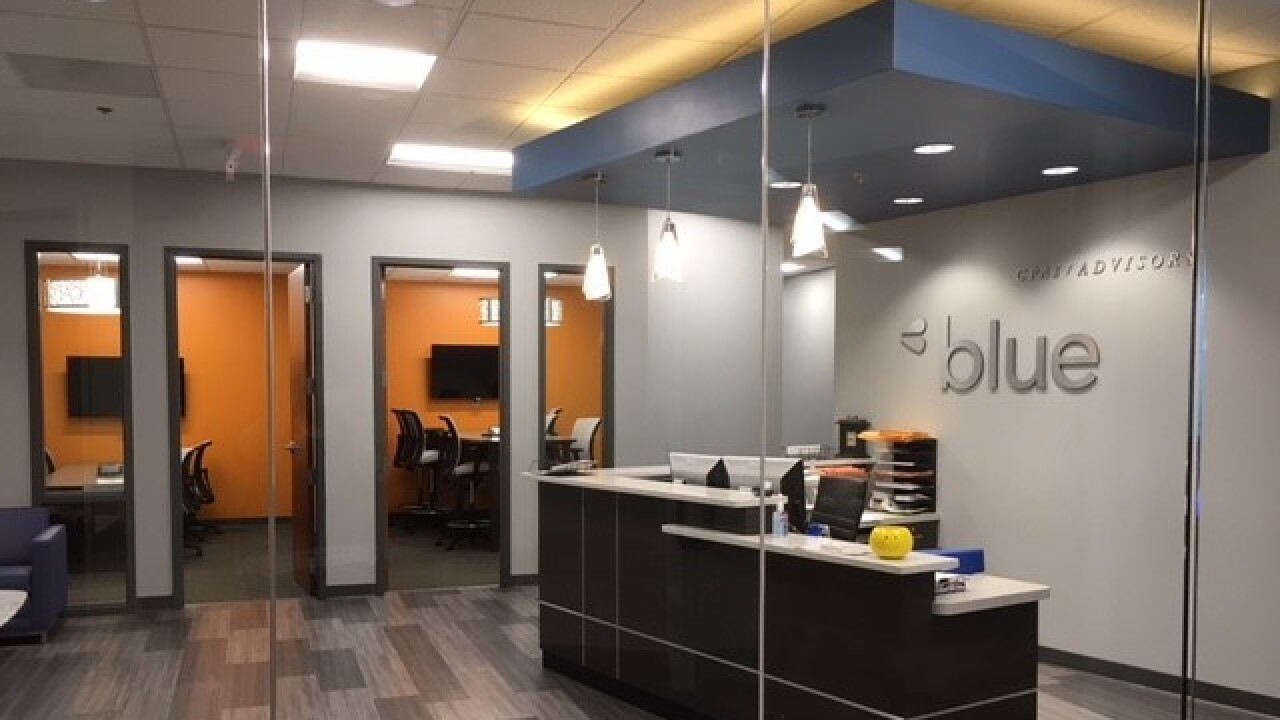The Supreme Court kicked off its new term on Monday with a brand new justice who will be hearing about a number of tax cases, at least when she doesnt have to recuse herself.
Elena Kagan joined the most exclusive club in Washington, but as the former U.S. Solicitor General, she wont be able to decide any cases that she has already argued on behalf of the federal government. Kagan filed a brief in one case, Mayo Foundation for Medical Education and Research v. United States, which may mean she will have to sit out the case when it comes before the other justices this term (see
The case involves a rule change by the Treasury Department in 2005 that said medical residents are full-time employees who do not qualify for a student exemption from taxes. The Treasury removed the exemption for students who work over 40 hours per week, and said hospitals need to withhold FICA taxes from their paychecks.
The Mayo Clinic and the University of Minnesota challenged the regulation and requested refunds of the FICA taxes they have paid on behalf of residents since the rule change, arguing that the residents qualified for the student exemption. A district court rejected the governments contention that residents were categorically ineligible for the student exception and held that the Treasury regulations implementing the FICA exception should require a case-by-case examination of student status.
The Treasury Department amended its regulations, and the case went back to a district court, which struck down the Treasurys full-time employee rule. The U.S. Circuit Court of Appeals, however, reversed the district court, and agreed with the IRS last June. The Mayo Clinic and the university then appealed the ruling to the Supreme Court.
John W. Windhorst Jr. of Dorsey & Whitney LLP in Minneapolis, one of the attorneys who filed the Supreme Court petition on behalf of the Mayo Foundation, told me recently that medical residents and medical schools could win a substantial sum if the High Court decides in their favor (see
If we win the case, then the various institutions that have been filing refund claims for periods since April 1, 2005, will be entitled to receive refunds, and generally half of the refunds will go to the employer institutions and the other half will go to the residents, said Windhorst.
Another tax-related case thats coming before the Supreme Court this term is Ransom v. FIA Card Services. The oral arguments were heard on Monday, the first arguments of the term, which may be some kind of an honor. The case involves whether debtors in Chapter 13 bankruptcy can deduct the ownership costs of a car when calculating their projected disposable income, even if they have already paid for the car.
The justices will have to consider whether debtors can shield the money allocated toward the cost of owning the car from their creditors, even when they have no more car payments to make. The tax angle on the case involves IRS rules and a chart that the agency uses to decide how much money delinquent taxpayers can afford to pay on their back taxes. A helpful article on
Another tax case, CSX Transportation v. Alabama Department of Revenue, examines whether the federal prohibition on state tax laws that discriminate against railroads is violated when a state exempts competing forms of transportation, such as ships and trucks, from paying fuel sales taxes, but does not exempt railroads.
The Railroad Revitalization and Regulatory Reform Act of 1976 targeted discriminatory state taxation as a particular cause of decline in the rail industry and created an injunction to the Tax Injunction Act empowering federal courts to enjoin prohibited forms of state taxation. Rail carrier CSX sued the Alabama Department of Revenue, claiming that by requiring rail carriers to pay sales and use taxes from which motor carriers are exempt, the department had discriminated against it.
A case thats likely to provoke more controversy is Arizona Christian Tuition Organization v. Winn. That case involves whether a taxpayer has standing to challenge a state tuition tax credit that can pay for tuition at private schools, and whether it violates the constitutional separation of church and state when most parents use the tax credits to pay for religious schooling.
Get ready for a lot of protest signs to show up at the Supreme Courts doorstep on the day when those arguments are heard, especially as thats going to be November 3, right after election day.





